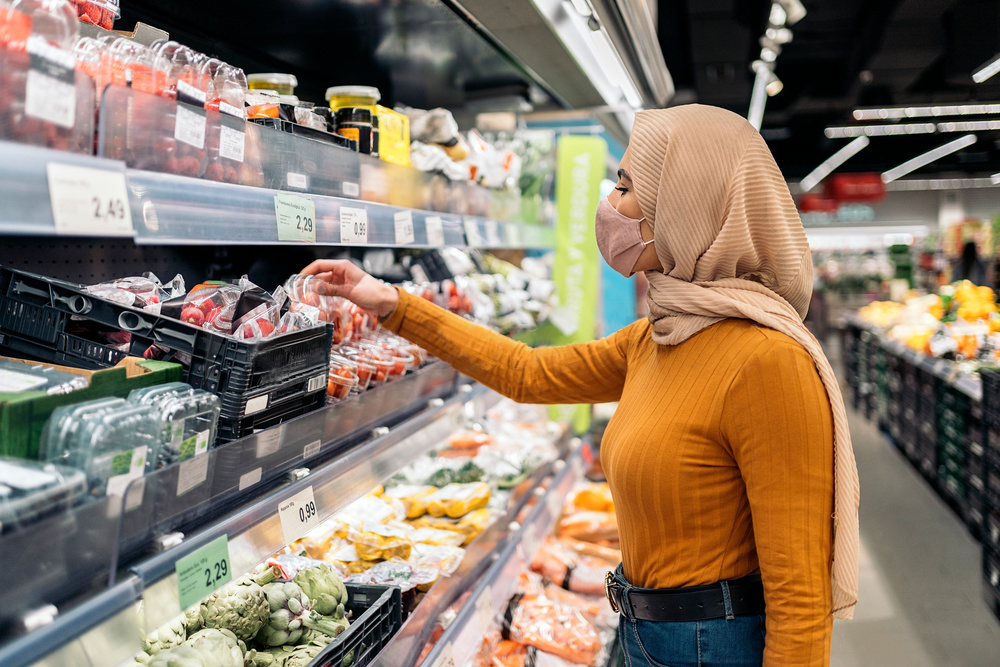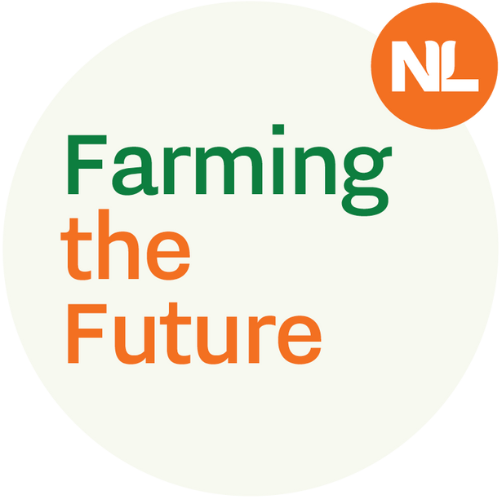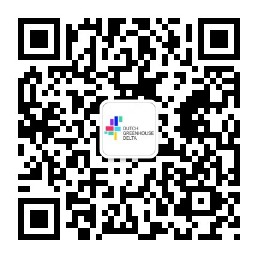Dutch Greenhouse Delta (DGD) in Naaldwijk wants to contribute to the availability of fresh, safe, healthy, sustainable, affordable and locally produced food abroad. The Dutch organisation, founded in 2018, focuses on China, India, the Gulf region, and the United States.
The consortium already included companies in greenhouse construction, plant engineering, seed breeding, logistics, banks, and insurers. This year, the portfolio of partners has been further expanded with the entry of Koppert Biological Systems, fog technology supplier MJ-tech, horticultural automation company Hoogendoorn, Grodan substrate solutions, Logiqs for internal logistics and LED lighting specialist Signify.
Marketing manager Patricia Haverkamp-van der Hoeven explains that DGD is a foundation that wants to build up the largest possible network at home and abroad. She says that Dutch horticulture has a good reputation worldwide for technology, efficiency, and quality and that the corona crisis has increased the need to produce healthy and affordable food locally.
“We think it is important to keep broadening our portfolio because only cooperation makes it possible to carry out horticultural projects abroad,” according to Haverkamp-van der Hoeven.
Strong network
Export manager Yassin Lahiani of Koppert Biological Systems says that his company has been active in the Gulf region for more than ten years but became a partner of DGD because of its strong network and cooperation with top Dutch horticultural companies. Koppert offers natural solutions for crop protection with insects, pollination with bumblebees and healthy soil life.
‘When new growers abroad make plans for the future, our offer is part of a total solution. Thanks to our local contacts, we can answer their questions and give them new ideas.
DGD’s CEO, Eric Egberts adds that the network enables easy contact with governments, embassies, and consulates. It can also open doors that would remain closed to individual companies.
Sylvia Xu, director of business development at Signify, agrees. She points out that the corona crisis has led to more challenges in terms of food availability and safety, for which cooperation between higher authorities and a platform of companies is indispensable.
Providing inspiration
As a leading manufacturer of lighting solutions, we want to inspire like-minded people for a green and climate-neutral future. Sustainability and circular processes are at the forefront here,” says Xu.
Haverkamp explains that DGD works according to the triple-helix model, in which authorities, education and research and companies cooperate. Part of this is also DGD’s participation in two three-year Partners for International Business (PIB) programmes, public-private partnerships for projects by Dutch companies abroad. In this case in China and the Gulf region. Companies that are not partners of DGD also participate in these programmes.
Furthermore, the network organisation cooperates with regional development organisations, such as Innovation Quarter in The Hague and Rotterdam Partners. An application has been submitted for a third PIB programme.
For the future, DGD is thinking about the possibilities of involving smaller companies as partners. Egberts sees the advantages of this as being that smaller companies can use their expertise on a global stage and work more intensively with other partner companies. Especially since investors are increasingly opting for turnkey projects, including trained staff and a purchase and sales force, for example.
To make this possible, small companies could start paying a lower contribution than the current unit rate of EUR 25,000 per year. Another option is a partial membership for one or two of the focus areas.
Highlighting non-technical aspects
Egberts would also like to see more emphasis on non-technical aspects in the foreign projects. He is thinking of new business models and other leadership styles, but especially of co-creation. According to him, this is still ‘a small thing’. In his opinion, companies are still too used to having their research and development take place behind closed doors.
Cultural differences also play a role in international projects. As an example, Egberts mentions the situation where he offered to give a round of drinks in the Gulf region. However, this kind gesture was experienced as rude by his business partners, as Egberts was their guest. “Of course, this feels uncomfortable, but we must get used to it” Egberts explains.
Abu Dhabi event offers a stage for Dutch horticulture
On DGD’s initiative, a Dutch trade mission took place to the United Arab Emirates (UAE) from 22 to 25 November. DGD worked closely with the Dutch embassy in the UAE and the Gulf Agricultural Council. The objective of the mission was to show the UAE the opportunities that the Dutch agricultural and horticultural sectors have to become self-sufficient in terms of food security. With a joint stand, the Dutch delegation participated in a large agricultural event in Abu Dhabi on 23 and 24 November. Other companies participating in the trade mission were Certhon, Grodan, Hoogendoorn Growth Management, Koppert Biological Systems, Kubo, Priva, Ridder, Signify, Svensson and Van der Hoeven Tuinbouwprojecten. Bom Group, Hatenboer-Water, Horti XS, Innovation Quarter, Let’sGrow.com and Royal Brinkman also participated. In total DGD has 27 partner organisations.



